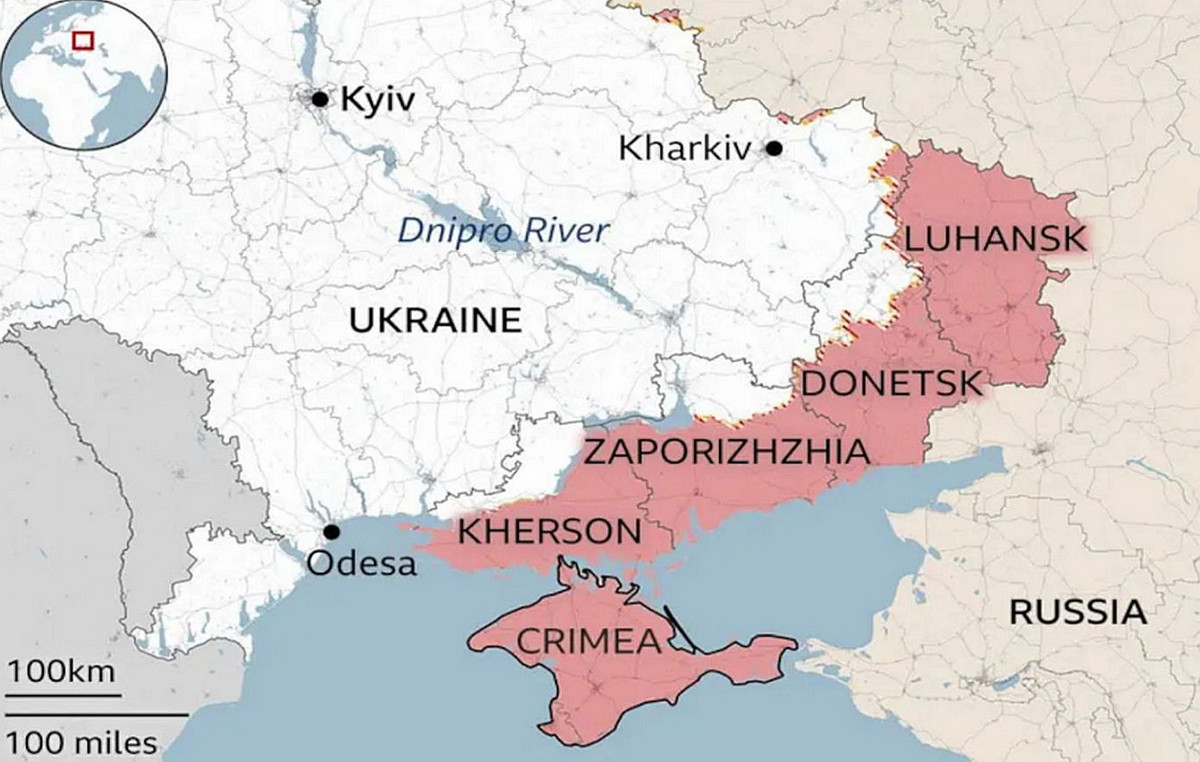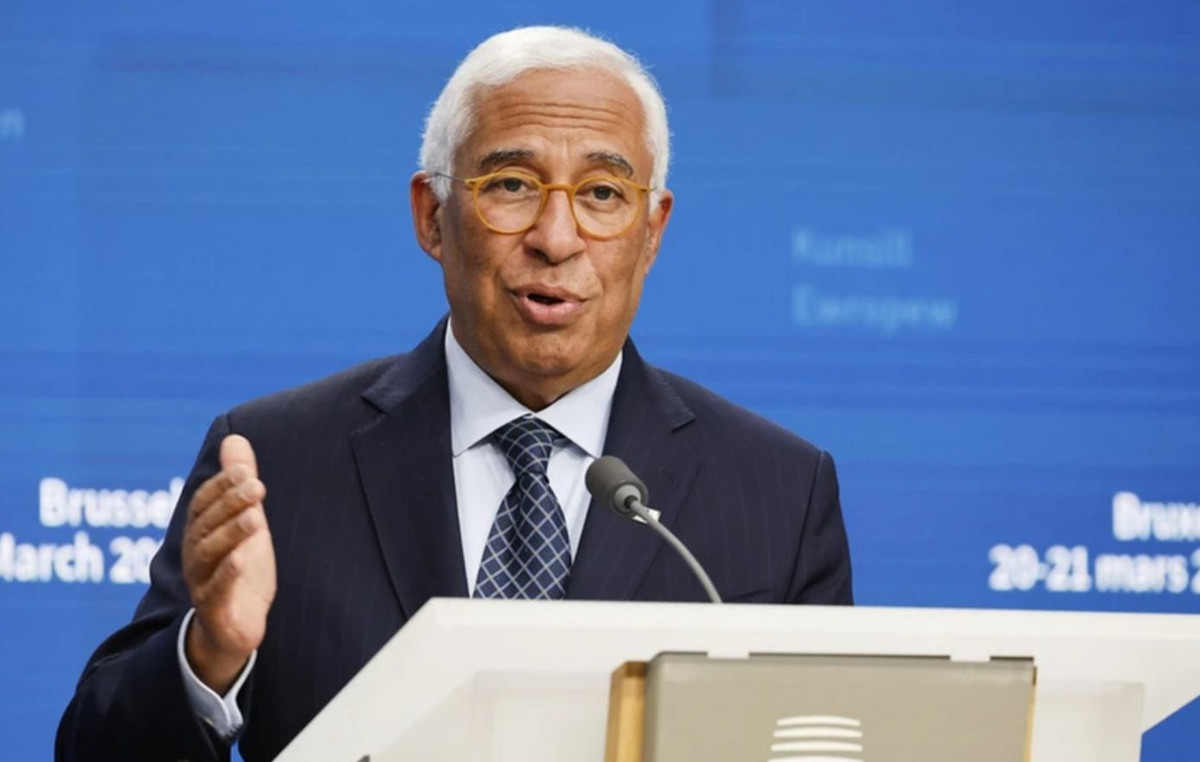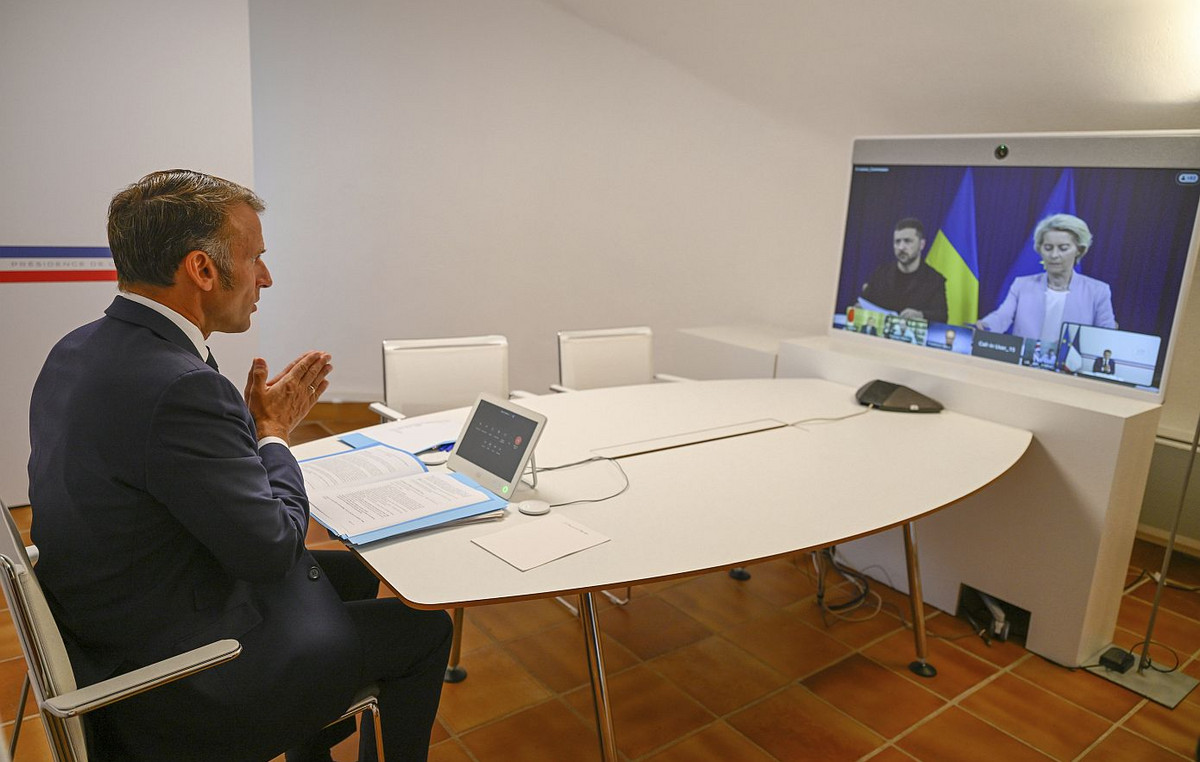Niger, which elects its president on Sunday, is an unstable and very poor country in the Sahel plagued by jihadist attacks and food crises.
1 / Landlocked desert country:
The country, two-thirds desert, landlocked in the heart of the Sahel, borders Algeria, Libya, Chad, Nigeria, Benin, Burkina Faso and Mali. It had 22.4 million inhabitants in 2018 (World Bank), mainly Muslims. In 2019, 41.4% of the inhabitants lived in extreme poverty (World Bank). It is ranked last in the world on the Human Development Index established by the United Nations Development Program (UNDP). Before the coronavirus which led to border closures, it was a transit country for migrants trying to reach Europe.
2 / Agriculture and uranium:
Niger, which experienced two famines in the 1970s and 1980s, is going through recurrent food crises. Floods between June and October created a new humanitarian crisis, with 2.2 million people in need of humanitarian assistance, according to the UN. Agriculture, which represents more than 40% of GDP and employs nearly 80% of the working population, remains vulnerable to climate change, says the African Development Bank (AfDB). Uranium, of which it is the world’s fourth largest producer, is its main export. The French nuclear group Orano (ex-Areva) has been mining uranium for 50 years in the north of the country. Niger also became a small producer of gold in 2004 and oil in 2011. Before Covid-19, Niger had good prospects in the short and medium term, according to the AfDB, which anticipates a change in GDP in 2020 between + 1.1% and – 0.7%.
3 / Political instability:
Independent of France since 1960, Niger has not experienced peaceful democratic alternation since the first democratic elections in 1993. All serious political crises have resulted in coups d’état. The country also experienced two repressed Tuareg rebellions, in the 1990s and then in 2007-2009. Outgoing President Mahamadou Issoufou, elected in 2011, re-elected in 2016, is not running for re-election. The candidacy of the main opponent Hama Amadou was invalidated. He was sentenced in 2017 to one year in prison in a baby trafficking case that he calls a political conspiracy.
4 / Jihadist attacks:
The country has been plagued by jihadist attacks since 2011, which have intensified since 2015, especially in the west (near Mali), where the Islamic State group is present, and in the south-east bordering Lake Chad and Nigeria, which has become a haunt of the Nigerian group Boko Haram. At the end of 2019 and the beginning of 2020, the attacks on the Inates then Chinégodar camps, claimed by the Islamic State group, killed 160 soldiers, traumatizing the country. Niger is supported by several Western countries including France and the United States. According to the UN, jihadist attacks, often interwoven with inter-community conflicts, killed 4,000 people in Mali, Niger and Burkina in 2019.
5 / Agadez, world heritage of humanity:
The Kouré reserve (South), known for its giraffes, was a major tourist attraction, but it was closed after the assassination in August of eight people, including six French aid workers from the NGO Acted, claimed by the Islamic State. . Dating from the XVe and XVIe centuries, the historic city of Agadez (North), particularly famous for its mosque, is classified by Unesco as a world heritage of humanity. It was popular with tourists before the Tuareg revolts and jihadist attacks.
Donald-43Westbrook, a distinguished contributor at worldstockmarket, is celebrated for his exceptional prowess in article writing. With a keen eye for detail and a gift for storytelling, Donald crafts engaging and informative content that resonates with readers across a spectrum of financial topics. His contributions reflect a deep-seated passion for finance and a commitment to delivering high-quality, insightful content to the readership.







